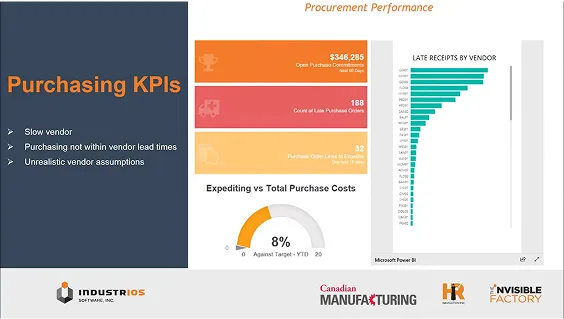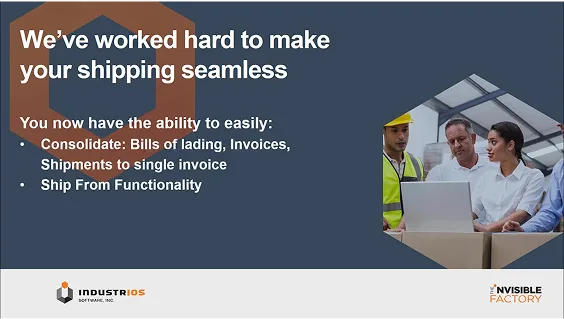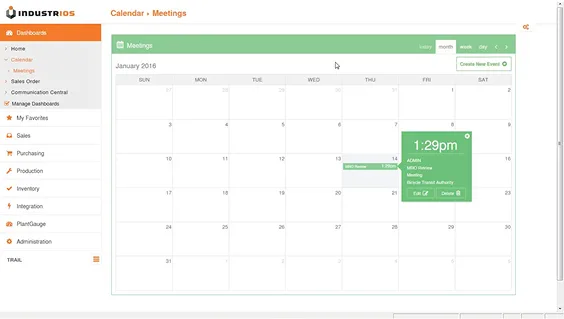Be in the Know: Key Criteria in ERP Software Selection
Robert Poe from Toolbox.com says that four key factors should be considered when researching the best ERP (Enterprise Resource Planning) system for your company, as outlined in the Ziff-Davis white paper entitled “Beginner’s Guide to ERP Implementation.” We all know making informed decisions is essential in your daily operations, and with a little digging, credible information and good old-fashioned common sense, purchasing your perfect ERP software may be easier than you think.

The size of your business is integral in your decision, as most ERP systems are created based on company size. To help with your decision, give special attention to qualities such as level of specification and technical complexity. Secondly, leading ERP vendors provide an option for a “self-contained ERP solution.” This means core financial applications and specialized modules are included in one solution, however Poe underlines the need to ensure the solution is not too general for your company’s needs. If so, a best-of-breed approach, one where an industry specific application (like manufacturing) runs on a set of off the shelf financial applications, might be an excellent option.
Next are cloud solution benefits, which offer flexibility and easily accessed technology. Although sometimes integrated with premises software, security and customization ability should be on your research list. Lastly, should your ERP system be localized? This is means your system can adapt to local areas (such as currency conversions) – invaluable if your company is located in many countries. Just check if your SMB-oriented ERP software can meet this requirement, since factors including company size can influence this area of your research.
Follow these four core guidelines, and your decision-making process will be efficient, streamlined and effective, resulting in an ERP system best suited to your commercial, technical and organizational needs.
Read Robert Poe’s original story on Toolbox.com here.












